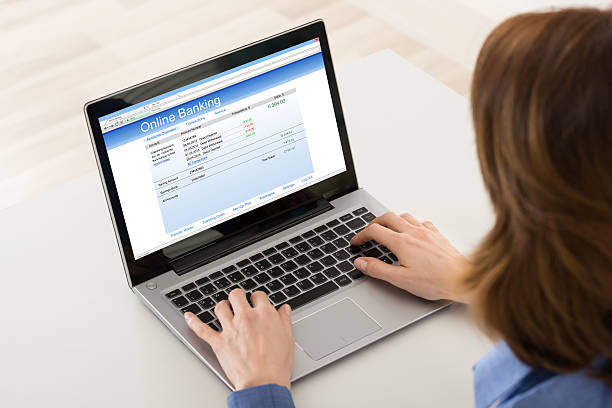Routing numbers serve as a key identifier for financial institutions, allowing for the secure and efficient transfer of funds. When you initiate a transaction, such as a direct deposit or an electronic payment, the routing number helps direct the funds to the correct bank or credit union. Combined with your account number, the routing number ensures that the transaction reaches the intended recipient accurately.
Consequences of Using an Invalid Routing Number
Delayed Transactions: Using an invalid routing number can result in delays in processing your transaction. The financial institution will likely need to investigate the error, which can take time and cause frustration for both the sender and the recipient.
Returned Funds: If you use an incorrect routing number, there's a possibility that the funds won't reach the intended recipient's account. In such cases, the transaction might be rejected, and the funds could be returned to your account.
Fees: Some banks and financial institutions may charge fees for failed transactions due to incorrect routing numbers. These fees can add up, further complicating the situation.
Missed Payments: If you're making payments using an incorrect routing number, you could miss important deadlines for bills, mortgages, or other financial obligations. This can lead to late payment fees, negative impacts on your credit score, and potential disruptions to essential services.
Loss of Funds: In extreme cases, if the invalid routing number corresponds to an existing account, but not the intended recipient's account, the funds might be credited to the wrong account. Retrieving wrongly deposited funds can be a complex and time-consuming process.
Avoiding Mistakes with Routing Numbers
Double-Check Information: Always double-check the routing number before initiating a transaction. If you're uncertain, contact your bank or financial institution to ensure you have the correct routing number.
Verify with the Recipient: If you're unsure about the routing number for a specific transaction, consider reaching out to the recipient and confirming the details.
Use Reputable Sources: When obtaining routing numbers from online sources, make sure to use reputable directories and official bank websites. Be cautious of relying solely on user-generated content.
Consult Banking Professionals: If you're uncertain about any aspect of a transaction, consult with professionals at your bank or financial institution. They can provide guidance and ensure accuracy.
Conclusion
Using an invalid routing number on a transaction can lead to a range of issues, from delays and fees to potential loss of funds. To avoid these complications, it's crucial to verify routing numbers with diligence and precision. Taking the time to double-check information and consult trusted sources can save you from the headaches and financial consequences of using an incorrect routing number. Remember, accuracy is paramount when it comes to financial transactions, and a little extra effort upfront can go a long way in ensuring smooth transactions and peace of mind.
Frequently asked questions (FAQs) related to finding a routing number on a check and how to verify a routing number




